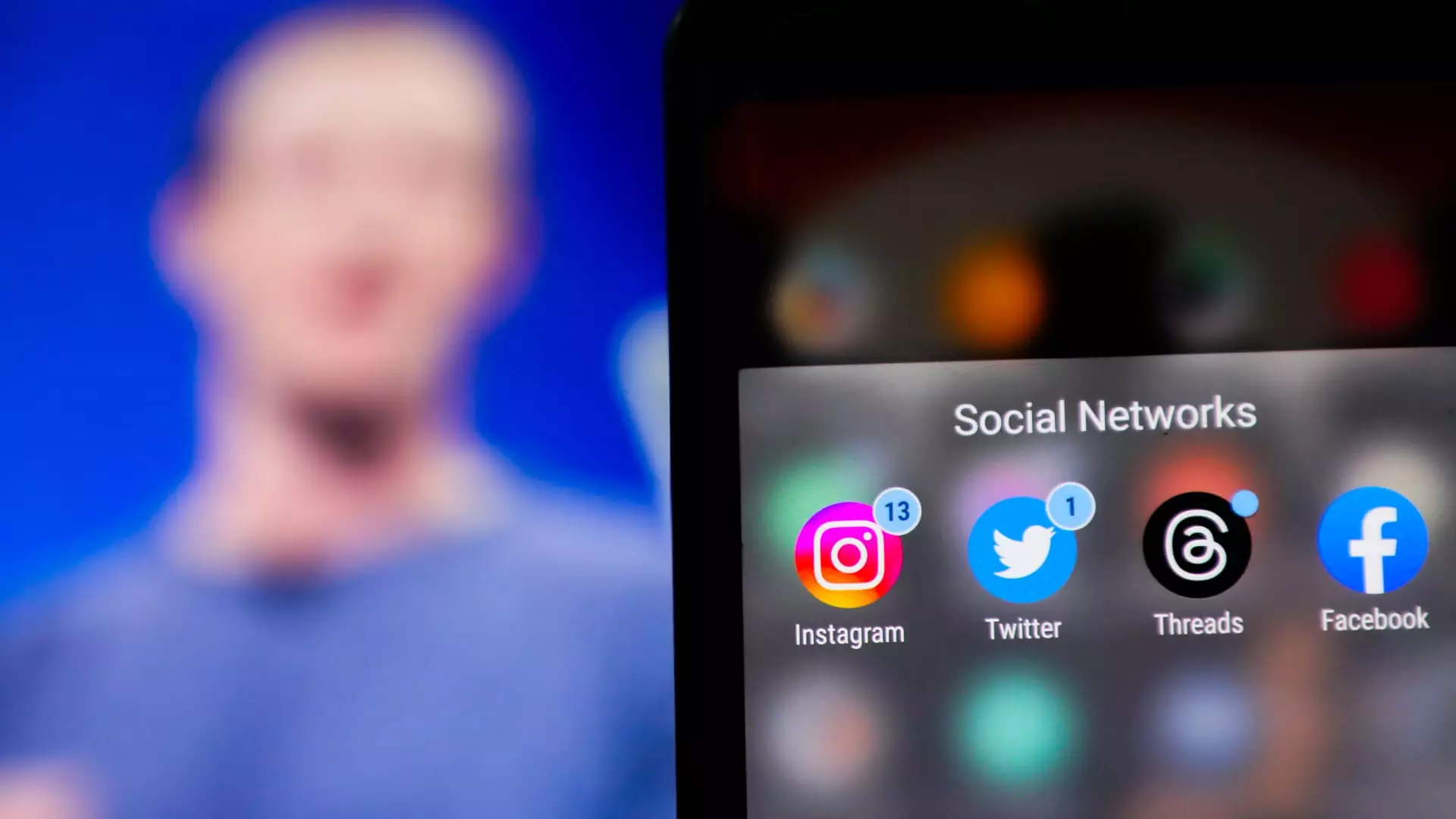Mark Zuckerberg, the formidable leader of Meta, has recently found himself at the center of a poignant antitrust lawsuit, and his past concerns are surfacing in today’s courtroom drama. An email from May 2018, unveiled during his testimony, illuminates this ongoing struggle as Zuckerberg contemplated the potential spin-off of Instagram. This consideration signals much more than a mere business maneuver—this reflects a growing unease about the sustainability of what was once considered the internet’s juggernaut.
Zuckerberg’s admission about potentially separating Instagram highlights a broader disconnection between the ambition of tech giants and the evolving regulatory landscape. While fears of antitrust actions were stirring in the background, Zuckerberg expressed doubts about retaining Instagram within the Meta framework, illustrating a crisis of confidence in navigating the regulatory quagmire that surrounds corporate consolidation in tech.
An Ominous Outlook
Interestingly, Zuckerberg was cognizant of the intensifying calls to disintegrate large tech entities like Meta. He acknowledged a “non-trivial chance” that key assets such as Instagram and WhatsApp may soon be forced into independence, evoking notions of corporate reckoning and accountability. What stands out in this predicament is not merely Zuckerberg’s foresight, but the systemic issues that prompted such reflections. It begs the question: How did we reach a point where the leaders of major tech companies harbor anxiety over governmental regulation, leading to potential splintering of beloved platforms?
The implications of separating Instagram—acquired for $1 billion in 2012, near the height of Facebook’s IPO triumph—are staggering. Would Instagram, independent of Meta, mirror the success of rivals like Twitter or Snapchat? Zuckerberg speculated that Instagram, devoid of Meta’s robust framework, might have accumulated no more than 300-400 million monthly active users, a fraction of its actual current standing of nearly a billion. This speculation forces us to confront the consequences of monopolistic growth versus genuine innovation.
The Illusion of Competition
Meta’s defense against the FTC’s allegations reflects a broader denial of the competitive challenges faced by its platforms. While claiming that it confronts significant rivals like TikTok and Apple’s iMessage, this perspective seems artificially comforting. By failing to recognize the state of competition comprehensively, Meta may inadvertently stifle innovation, shying away from necessary adaptation in an ever-evolving marketplace. The rigidity of its platform policies, coupled with apprehension toward antitrust litigation, restricts the dynamic potential of what could be vibrant interactions in social media.
Moreover, Zuckerberg’s failed overture to acquire Snapchat for $6 billion underscores an unsettling trend. It raises further doubts about whether Meta truly embraces competition, or if it simply seeks to eliminate any potential threats. Ultimately, an atmosphere that breeds fear rather than collaboration is detrimental to the very innovation that should be the hallmark of the tech landscape.
Zuckerberg’s testimony is a reflective moment—an introspective glance at a company grappling with its identity amid looming regulatory pressures. His past beliefs have morphed into a stark realization: maintaining monopolistic dominance is less stable than it appears, as the market’s demands evolve. In this tumultuous landscape, the actions of big tech will significantly shape the future of innovation and competition, with their choices echoing far beyond the courtroom.

